When former New Jersey governor Jim McGreevey appeared on MSNBC over the last couple days to promote a new HBO documentary focusing on him, Chris Matthews had a hard time buying the film's premise -- that a man who once wanted to be president of the United States is no longer a politician.
Matthews was trying to get McGreevey -- who resigned from office in 2004 after admitting to an extramarital affair with another man -- to talk personally about what was happening the day of the interview in the Supreme Court hearings about marriage equality.
"I want you to react to something like this in your own way, not politically, although you're a politician, I know. And I am too in many ways," Matthews said.
"No, no," McGreevey was quick to object, "no more."
"I know," Matthews said, recognizing McGreevey's lack of formal office, "but we have a political mind, I know it's there, I'm sorry. It's like orientation."
There are hints in the film, Fall to Grace from Alexandra Pelosi, that the filmmaker expects her audience will also have a hard time buying his career change. McGreevey is through seminary and trying very hard to become an Episcopal priest. He's leading up a reform program for women at something called "Integrity House," and he visits and mentors them in prison while spending more time in group therapy circles than anything resembling a high-powered campaign strategy meeting.
But at one point Pelosi tells McGreevey that from all the film's footage of him glad-handing in the streets, where it seems everyone knows him and wants a photo, she could understand why "they'd still think you are a politician."
Like he told Matthews, McGreevey habitually dismisses the notion. In fact, at one point Pelosi asks whether in retrospect it was worse to be a closeted gay man or to be a politician. "That's a tough call," McGreevey says slowly, then notes the ominous cackle of crows in the trees overhead. In a seemingly candid evaluation of the type of people who go into politics, McGreevey says they feed on ego and even suggests the same kind of people become religious leaders.
But even if the likes of Matthews has a hard time believing that the once ambitious and rising star in the Democratic Party is no longer a politician, the women in the prison clearly don't care.
They share their stories with him, their tears. "He's just so uplifting," one woman says. "His love radiates." And in observing a politician, it's striking that she is so certain it's a "genuine love."
"He believed in me more than I believed in myself," another woman tells the camera.
And from countless moments in the documentary, it's clear McGreevey is trying his hardest. He tracks women to their homes to offer a friendly smile when it appears they've fallen back to drug addictions. He heads to the prison with pies and dishes them out himself, and for Christmas he directs a prison choir and claps heartily during a dance circle.
McGreevey tries to explain this shift himself. "I am that woman in jail," he says. "I'm no different." What he wants for them he also wants for himself -- to not be judged based on his lowest point in life, when he resigned from office and went through a messy divorce. He says no one "ought not be defined by one story or one act."
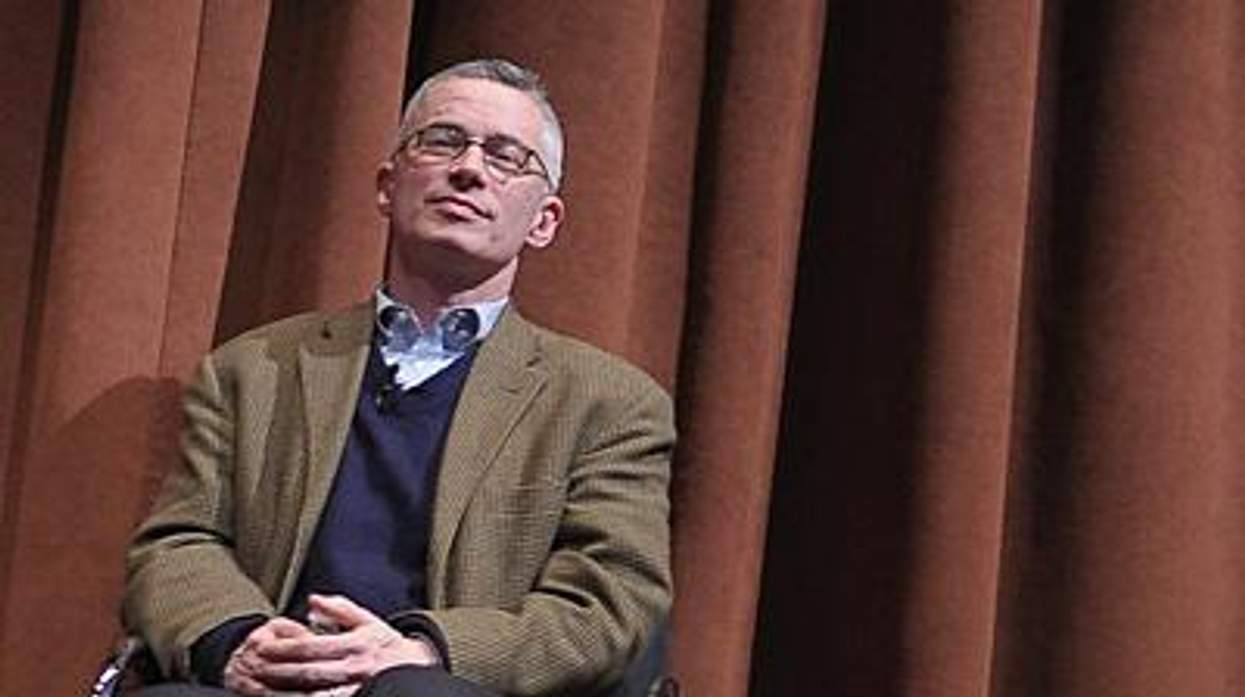







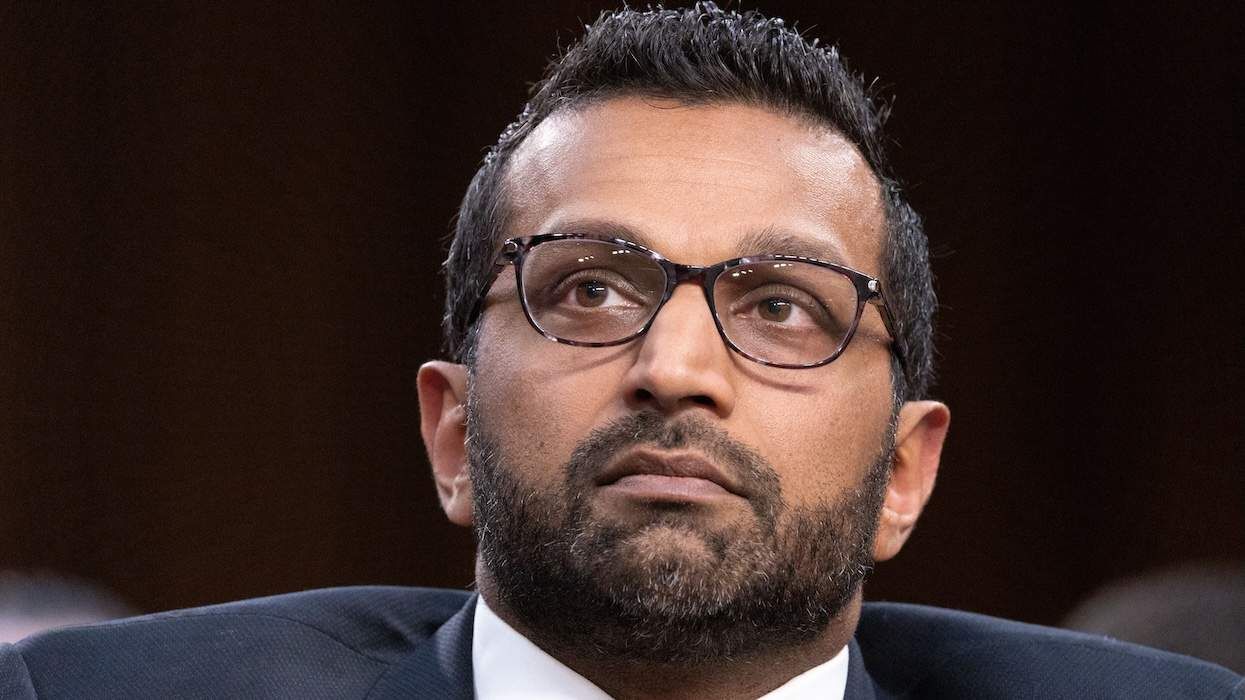
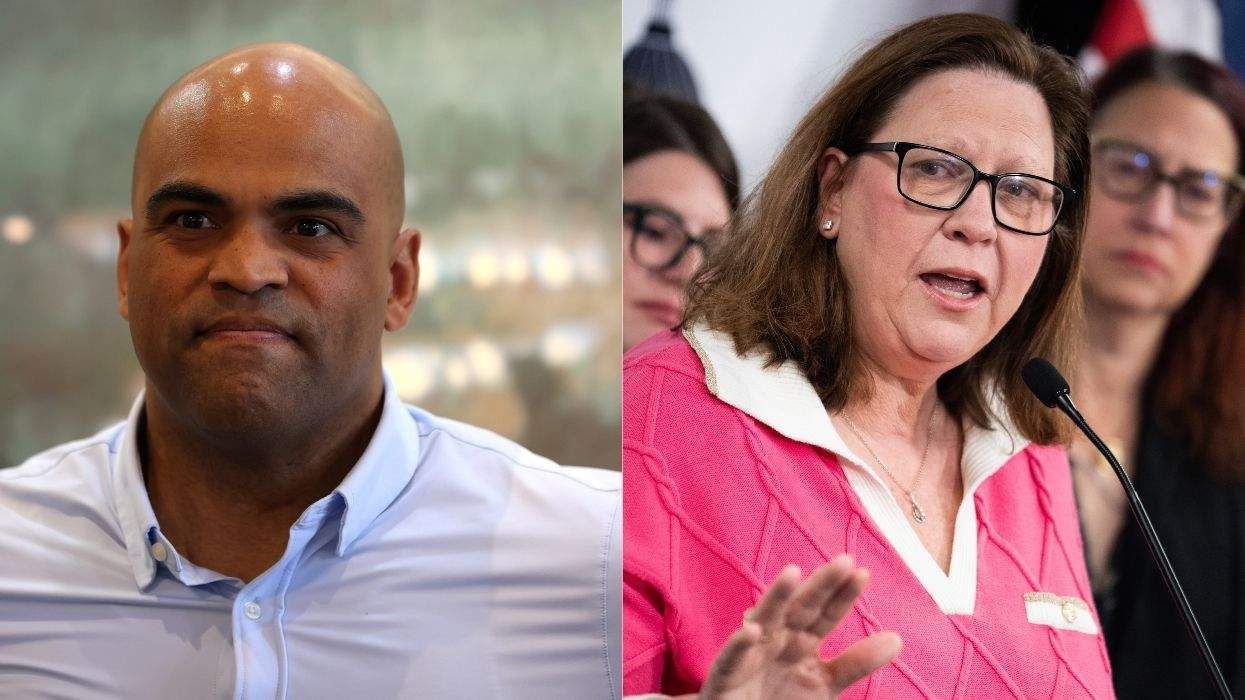


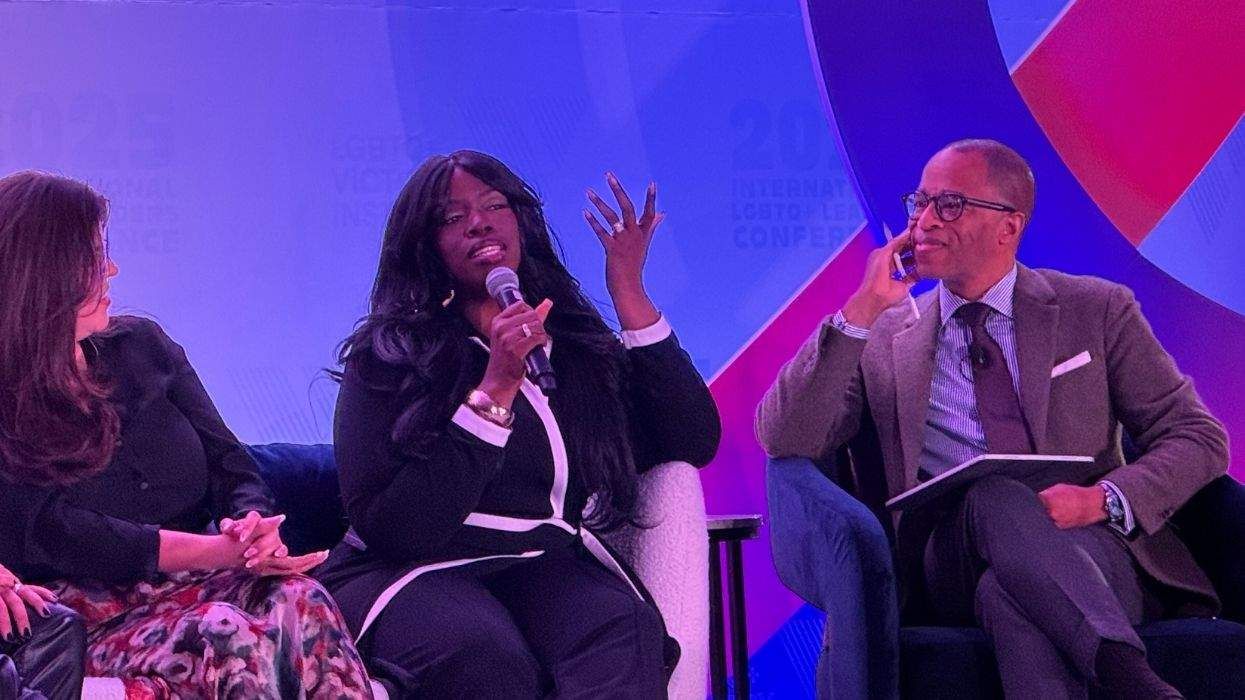
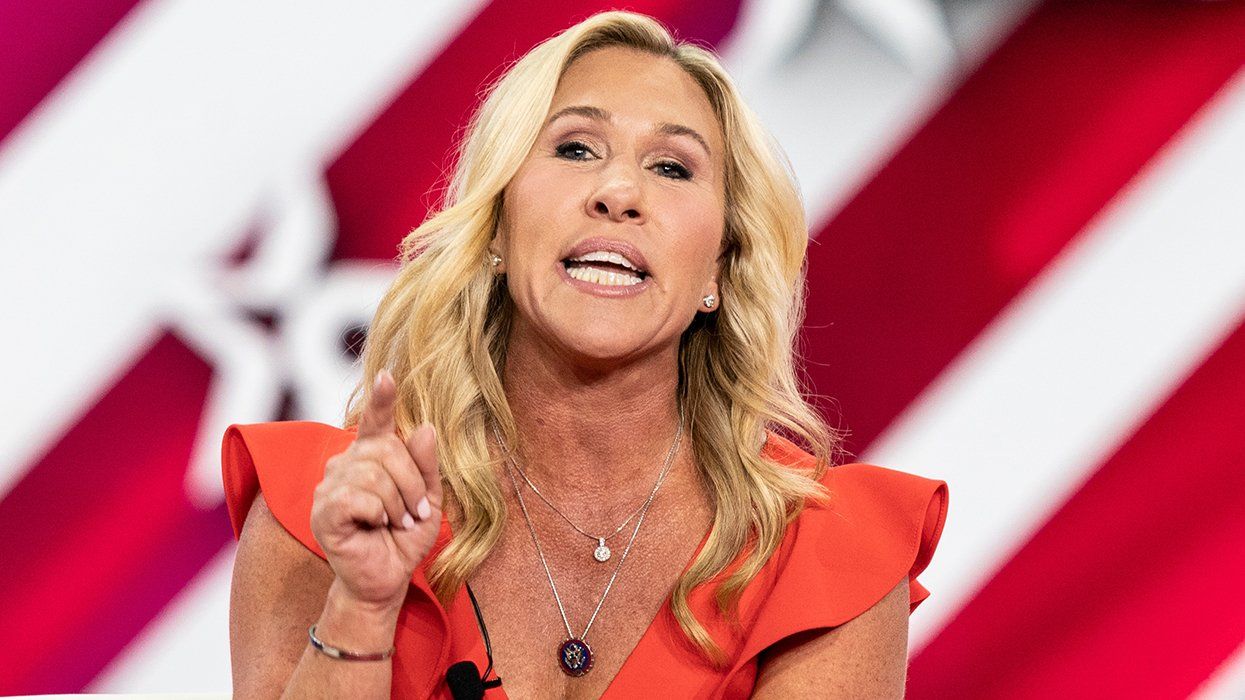
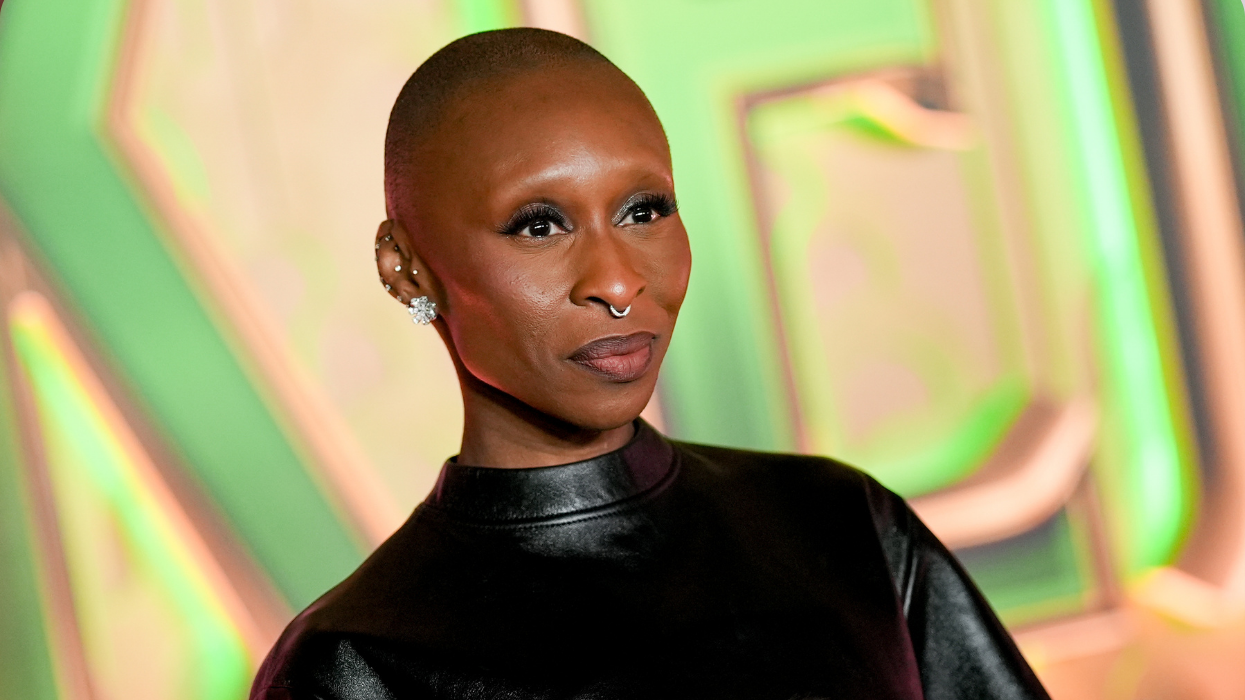

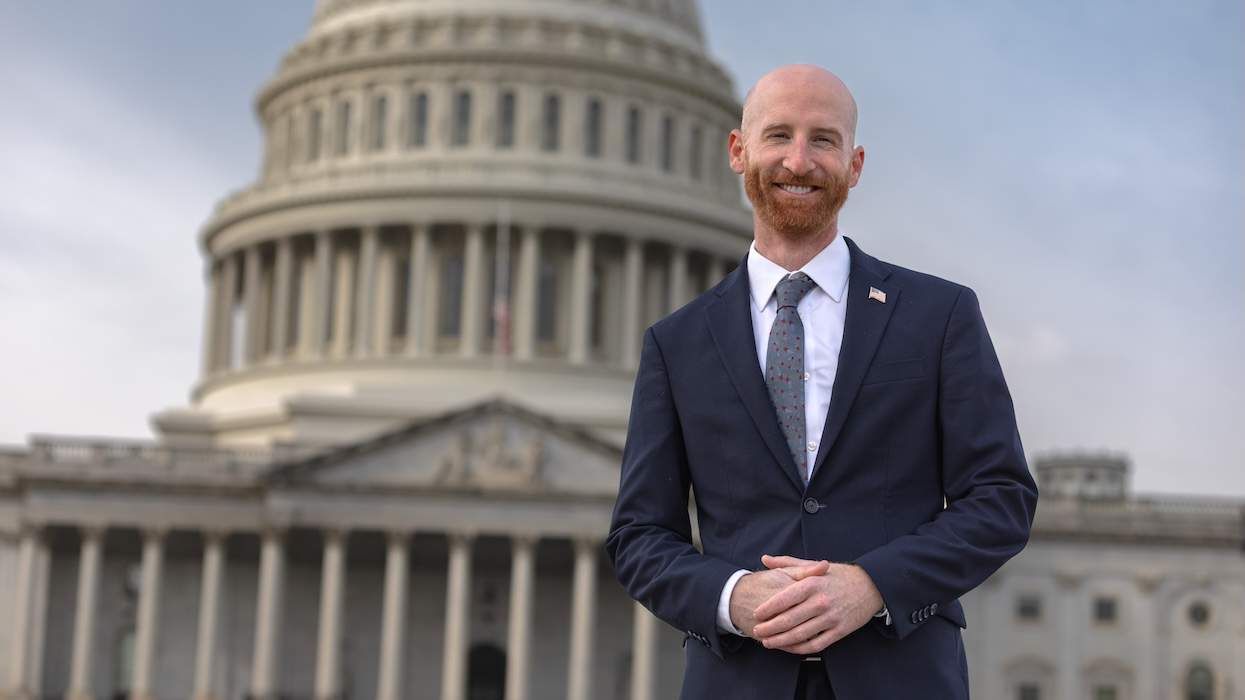
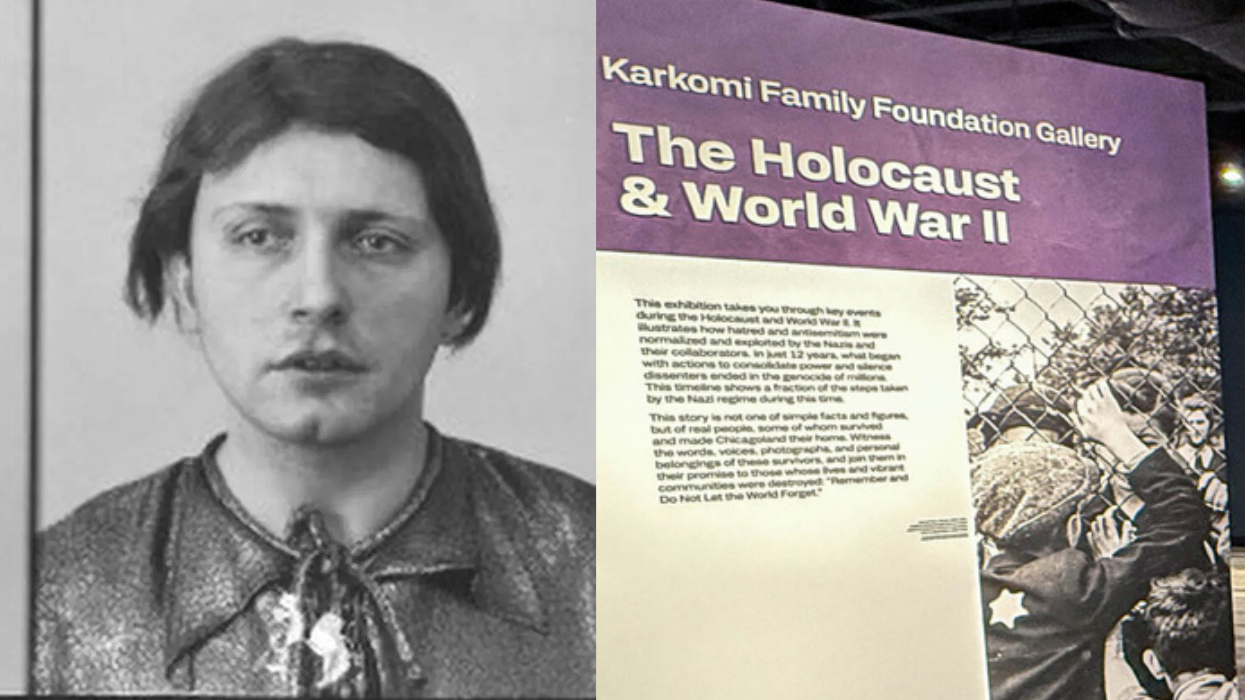






































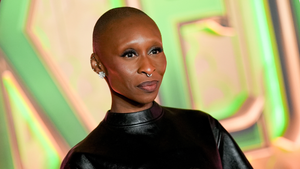











Charlie Kirk DID say stoning gay people was the 'perfect law' — and these other heinous quotes